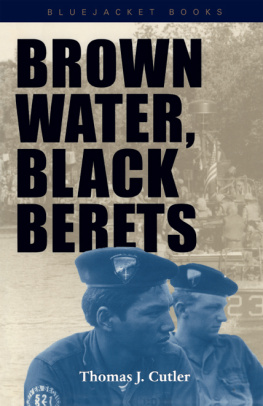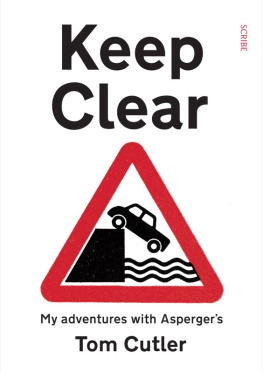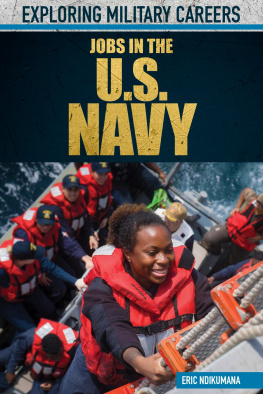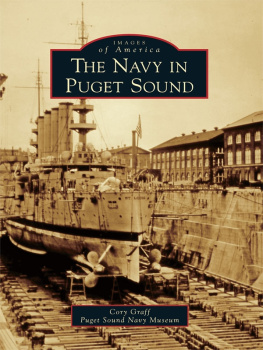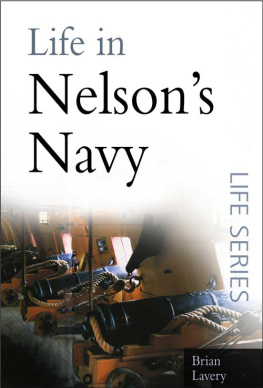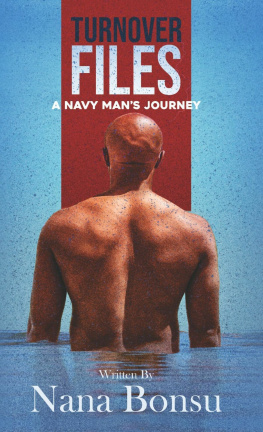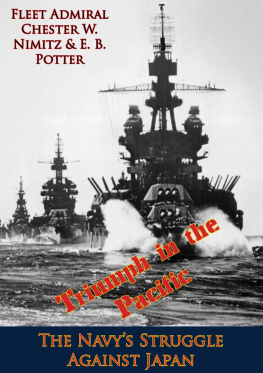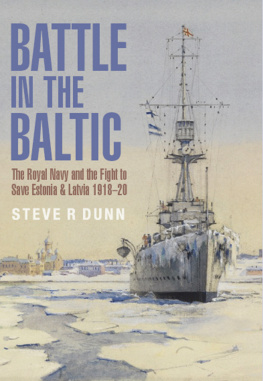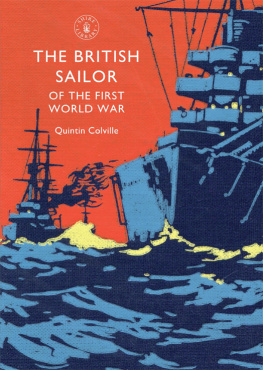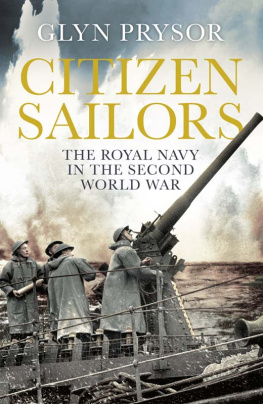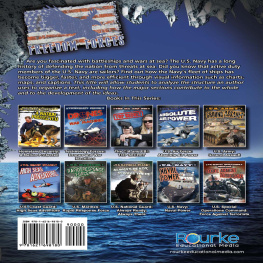A Sailors History
of the U.S. Navy
This book has been brought to publication
with the generous assistance of Edward S. and Joyce I. Miller.
Other Titles in the Blue & Gold Series
The Bluejackets Manual
The Chief Petty Officers Guide
Newly Commissioned Officers
Guide Naval Officers Guide
Command at Sea
Principles of Naval Weapons Systems
Naval Ceremonies, Customs, and Traditions
Dictionary of Naval Terms
Dictionary of Naval Abbreviations
Division Officers Guide
Watch Officers Guide
Duttons Nautical Navigation
The Naval Shiphandlers Guide
The U.S. Naval Institute
Blue & Gold Professional Library
For more than a hundred years, U.S. Navy professionals have counted on specialized books published by the Naval Institute Press to prepare them for their responsibilities as they advance in their careers and to serve as ready references and refreshers when needed. From the days of coal-fired battleships to the era of unmanned aerial vehicles and laser weaponry, such perennials as The Bluejackets Manual and the Watch Officers Guide have guided generations of Sailors through the complex challenges of naval service. As these books are updated and new ones are added to the list, they will carry the distinctive mark of the Blue & Gold Professional Library series to remind and reassure their users that they have been prepared by naval professionals and they meet the exacting standards that Sailors have long expected from the U.S. Naval Institute.

A Sailors History
of the U.S. Navy
Thomas J. Cutler
A Co-publication of the U.S. Naval Institute and
the Naval History & Heritage Command

NAVAL INSTITUTE PRESS
Annapolis, Maryland
Naval Institute Press
291 Wood Road
Annapolis, MD 21402
2005 by Thomas J. Cutler
All rights reserved. No part of this book may be reproduced or utilized in any form or by any means, electronic or mechanical, including photocopying and recording, or by any information storage and retrieval system, without permission in writing from the publisher.
Lyrics to the ballad Brave Yankee Boys appear here courtesy of the American Antiquarian Society in Worcester, Massachusetts.
ISBN-13: 978-1-61251-164-1
Library of Congress Cataloging-in-Publication Data
Cutler, Thomas J., 1947
A sailors history of the U.S. Navy / Thomas J. Cutler.
p. cm. (U.S. Naval Institute blue & gold professional library)
1. United States. NavyHistory. 2. SailorsUnited StatesHistory. I. Title. II. Series.
VA58.4.C88 2004
359'.00973dc22
2004023713
12 9 8 7 6 5
To all who serve
yesterday, today, tomorrow
Contents
More than half a century ago, Theodore Roscoe wrote a book called This Is Your Navy, an informal history written specifically for Sailors. On the first page he asked: Whats the good of going back to the old days, or even yesterday, when youve got your hands full with affairs in the present? Youre kept jumping by whats going on around you here and now. Youre busy with what youre doing here today. His comments are still true today.
Roscoes answer to his own question was, What you do today depends largely on what was done yesterday; that the things youre doing now result from, and are a continuation of, things done in the past. He quoted American patriot Patrick Henry (who is best known for his stirring words, Give me liberty or give me death) as saying: I have but one lamp by which my feet are guided, and that is the lamp of experience. I know no way of judging the future but by the past.
This is a good answer. But for me, there has always been an even better reason. Perhaps its a little selfish in its origin, but it has served me well. In my many years of service in the U.S. Navy, I sometimes felt like quitting. Although I loved many things about the Navy, it was a tough life in a lot of ways, making demands on me that other people my agethose who had chosen an easier life in the civilian worlddid not face. Sometimes the hardships of life at sea, the separation from my family and friends, or the multitude of dangers that were never very far away would cause me to long for a quieter life, a more normal life, a less demanding life. But then I would stand before a mirror, getting ready to shave, look at the face staring back at me, and say, You work for the Acme Soap Company. And I did not like what I saw. I would try again. You work for Smith & Johnson, Inc. And I still did not like what I saw. Then I would say, You are a Sailor in the United States Navy. And I very much liked what I saw.
The reason that the last statement worked when the others did not was that I knew I was part of something special. And what made it specialfar different from anything else I might dowere the great things that had been done in the past by Sailors just like me. The uniform I wore with such pridethat made me instantly identifiable as someone specialmeant little without the knowledge that other people wore that same uniform, or some form of it, when they fought the Barbary States of North Africa, charged into hostile Confederate fire at Mobile Bay, and destroyed Nazi submarines and Japanese aircraft carriers when evil men were hell-bent on dominating the world.
Another thing that made being a Sailor special for me was using terms like galley and starboard and scuttlebutt, a language that connected me with iron men who sailed wooden ships, that made me part of a club that has been around for a very long time and whose initiation requirements were that I give my own honor, courage, and commitment.
The lather-covered face I saw each morning in the mirror was not unusual in any particular way. Yet it was special because it had felt the sting of salt spray and had seen the wonders of a starry night at sea just as Sailors had done for many centuries before. It had been darkened by the sun while patrolling the waters of Vietnam and weathered by heavy gales in the Mediterranean during the Yom Kippur War. It had known the bitter cold of patrols in the North Atlantic during the Cold War and been streaked with tears of pride the first time I heard Anchors Aweigh played at the Navy Memorial in Washington, D.C.



